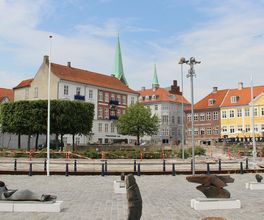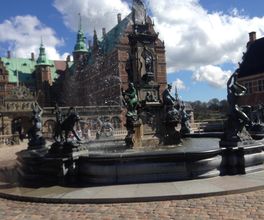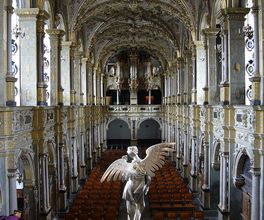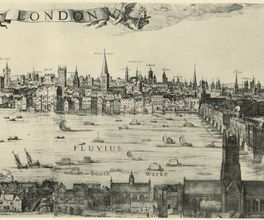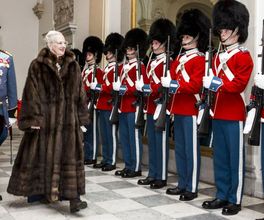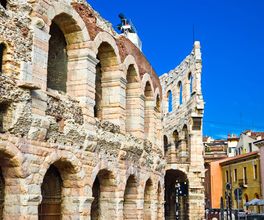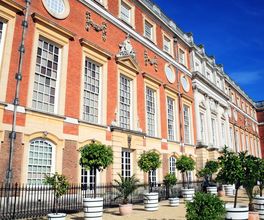




About this experience
I am sure the name of Kronborg Castle in Elsinore should make your heart beat faster: this is the very castle that Shakespeare described in 'Hamlet'! Crowds of tourists 'besiege' the walls of Kronborg, where - people believe - the spirit of the Danish prince's father still comes at midnight. You will take a historical walk around the city, learn about the history of the prototype of Prince Hamlet, and explore the extensive catacombs under the castle, where there is also much to tell!
'Give me your cups! Let the thunder of the cannons spread around, guns to the sky, the sky to the ground, the King's toast to Hamlet. - Let's start...'
What to Expect
History of Elsinore
Once Elsinore was considered the capital of the Danish kingdom; the city is located at the narrowest point of the Oresund strait, just 4 km from Sweden. We will talk about the history of the city and the clever way that was invented to replenish the Danish treasury, how the fortress turned into a luxurious Renaissance-style castle, and how Shakespeare not only brought great fame to the city of Elsinore but also prosperity. By the way, the Danish prince Hamlet was not invented by the playwright, but borrowed from the chronicle - I will tell you the whole story. Although there are discrepancies between the real prince and the hero of the play, Shakespeare turned the legend into a historical fact.
Legends of the Catacombs
The extensive catacombs under the castle are also open to visitors, here you can see the stone statue of the legendary knight Holger, who is revered as the founder of the Danish state. One of Andersen's fairy tales 'Holger the Dane' also starts here - Holger sits in the deep dungeon, clad in heavy armor. He is fast asleep. But if Denmark is threatened, he will wake up, rise to his giant height, and go out with a sword against the enemy! Impressive, isn't it?
Immersed in the magical atmosphere of Shakespearean Kronborg, you will find the answer to why William Shakespeare chose this castle as the setting for his immortal tragedy.
'All is finished, Horatio.
Farewell, queen! God be with you!
And you, silent spectators of the finale,
Ah, if only I had time, -
But death - the dull convoy and does not like
To linger, - I would have said so much...
Even so, all is finished, Horatio.
You are alive. You will tell the truth about me
To the uninitiated'.'
